
When compared with placebo, prophylactic pharmacologic treatments showed no significant long-term effects in pediatric patients with migraine.

When compared with placebo, prophylactic pharmacologic treatments showed no significant long-term effects in pediatric patients with migraine.

Stress coping abilities may have a direct impact on the early accumulation of tau pathology.

Following the 2011 guideline development process, this 2020 guideline focused on addressing a number of types of sleep disturbance in children and adolescents with autism spectrum disorder.

Final results of the EASE LID 2 study suggest that amantadine (Gocovri; Adamas) extended-release capsules are safe and effective over a 2-year treatment period.
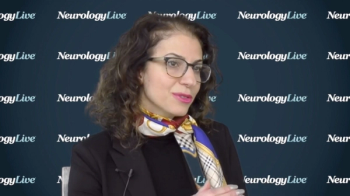
The professor of neurology and epilepsy specialist at the Cleveland Clinic Lerner College of Medicine discussed the difficult treatment decisions faced when undergoing epilepsy surgery.

New findings suggest a strong association between certain lower extremity biomarkers and measures of clinical function in patients with Duchenne muscular dystrophy.

Presurgical counseling can be improved by better understanding seizure outcomes associated with different surgery locations, pathologies, nonlesional epilepsy, and incomplete resections.
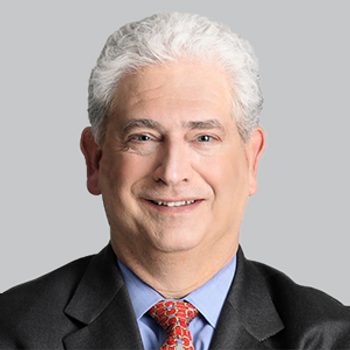
The Aquestive Therapeutics diazepam formulation is seeking to be second to market in the treatment of seizure clusters, with a targeted prescription drug user fee action date of September 27, 2020.
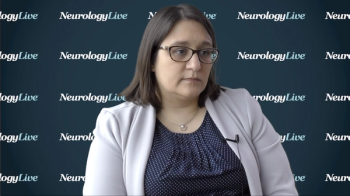
The associate professor of neurology and director of the Women With Epilepsy Program at Northwestern University Feinberg School of Medicine discussed the use of genetic testing in the adult epilepsy population.

"Mind Moments," a podcast from NeurologyLive, brings you an exclusive interview with Daniel Hartung, PharmD, MPH.

William O. Tatum, DO, discussed the additive value of smartphone video technology in diagnosing epilepsy.

Additional analysis of secondary endpoints and biomarkers are expected to be presented at the Advances in Alzheimer’s and Parkinson’s Therapies (AAT-AD/PD) Focus Meeting in April 2020.

The antioxidants adiponectin, total radical-trapping antioxidant parameter, sulfhydryl groups, zinc, and soluble tumor necrosis factor receptor 2 all play a role in the pathophysiology of multiple sclerosis.

The biotech company plans to roll out 2 clinical trials for patients with amyotrophic lateral sclerosis following the orphan drug designation for PrimeC.

Compared with healthy individuals, those with cluster headache are significantly more likely to experience sickness absence and disability pension days, with women more impacted than men.

Neurology News Network for the week ending February 8, 2020.

Take 5 minutes to catch up on NeurologyLive's highlights from the week ending February 7, 2020.

Danielle B. Cross, MD, MS, a neurology resident in training, shares her thoughts on why glorifying exhaustion is unhealthy.

The investigational therapy met its primary end point, showing superiority to placebo in reducing the frequency of drop seizures in patients with Lennox-Gastaut syndrome.

New retrospective data suggest that patients with MS who have comorbid conditions have increased all-cause hospital admission rates, especially early in the disease.

Sanofi observed a dose-response relationship based on reduction of new active gadolinium-enhancing T1-hyperintense lesions after 12 weeks of treatment with SAR442168.
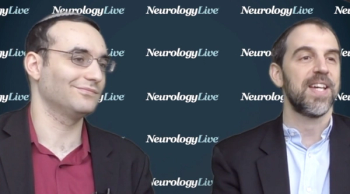
The director of the Pediatric Epilepsy Program and an MD candidate at Weill Cornell Medicine detail the steps needed to take to improve outcomes in status epilepticus.

The study is the first placebo-controlled trial to include non-ambulant adults with spinal muscular atrophy type 2 or 3.

Recently published data showed that one-quarter of the smartphone videos were correctly diagnosed by 100% of the reviewing physicians.

New Medicare data has suggested that those with undiagnosed obstructive sleep apnea have higher annual health care costs than their counterparts, with this high economic burden accompanying already impacted function and quality of life.

Mean arterial blood pressure may be a barometer for poor neurologic outcomes in patients with acute ischemic stroke who undergo endovascular therapy.
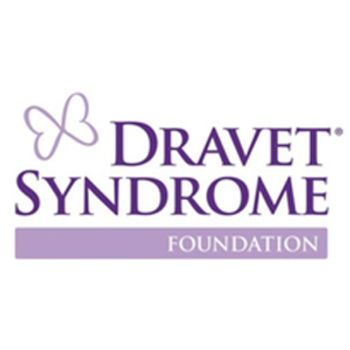
The new codes listed by the World Health Organization include changes to Dravet syndrome, status epilepticus, and epilepsy in infants.

The drug was previously indicated for the treatment of insomnia characterized by difficulties with sleep onset and/or sleep maintenance.

Dravet Syndrome Foundation is pleased to announce a new, live video education session on Thursday, February 13, 2020 at 2pm ET.

Interim analysis compared ataluren in a real-world setting from the STRIDE registry with a matched cohort; the final data from the STRIDE registry are expected in 2025.